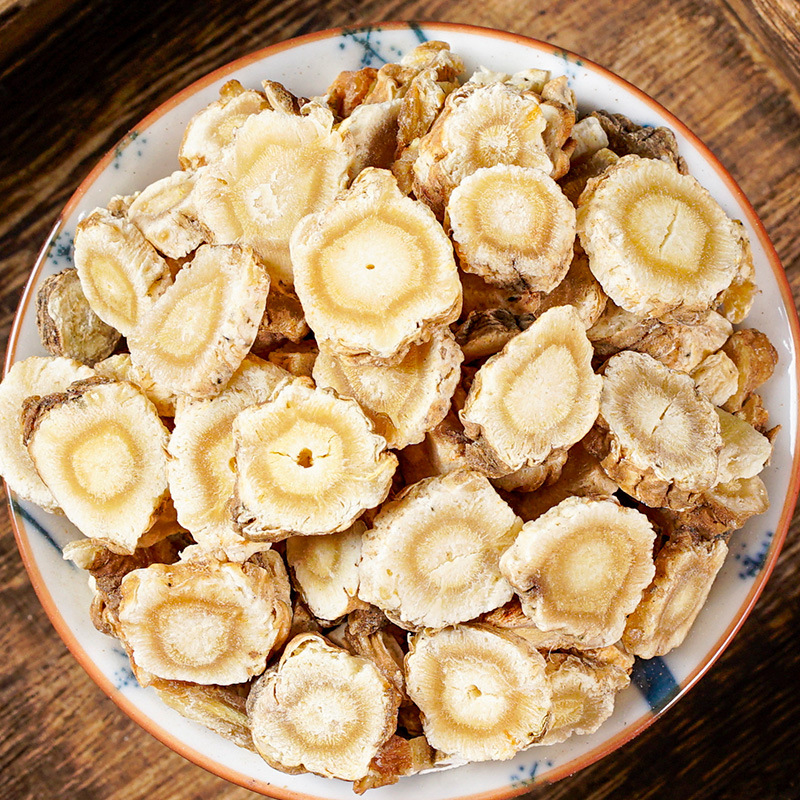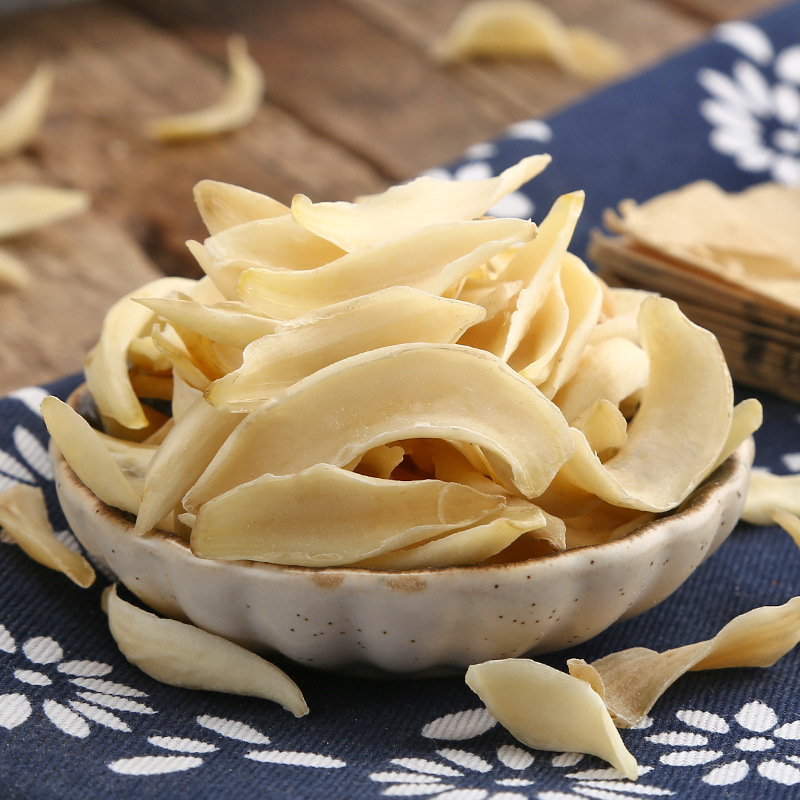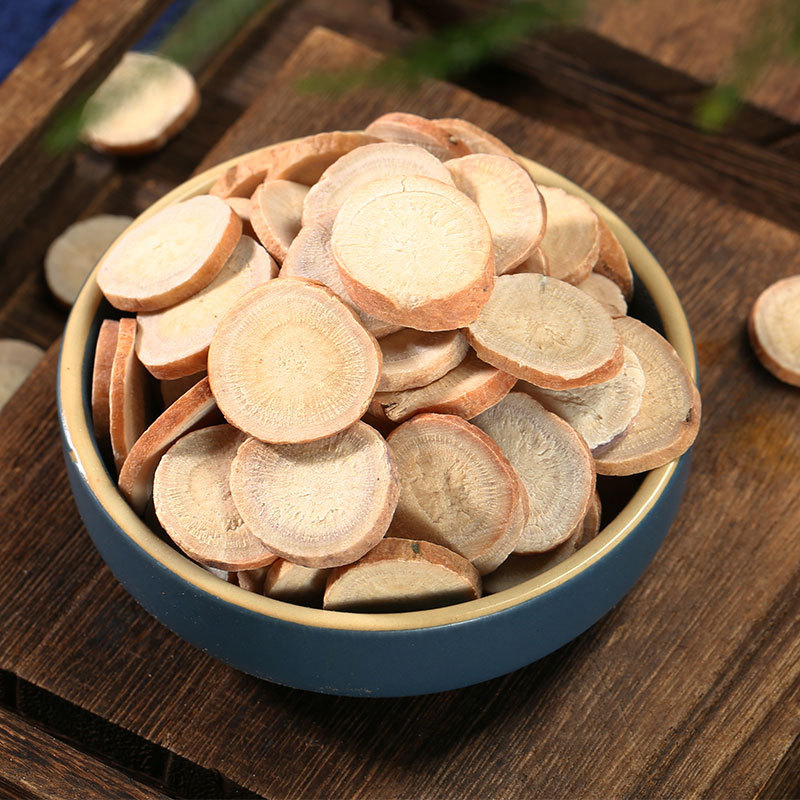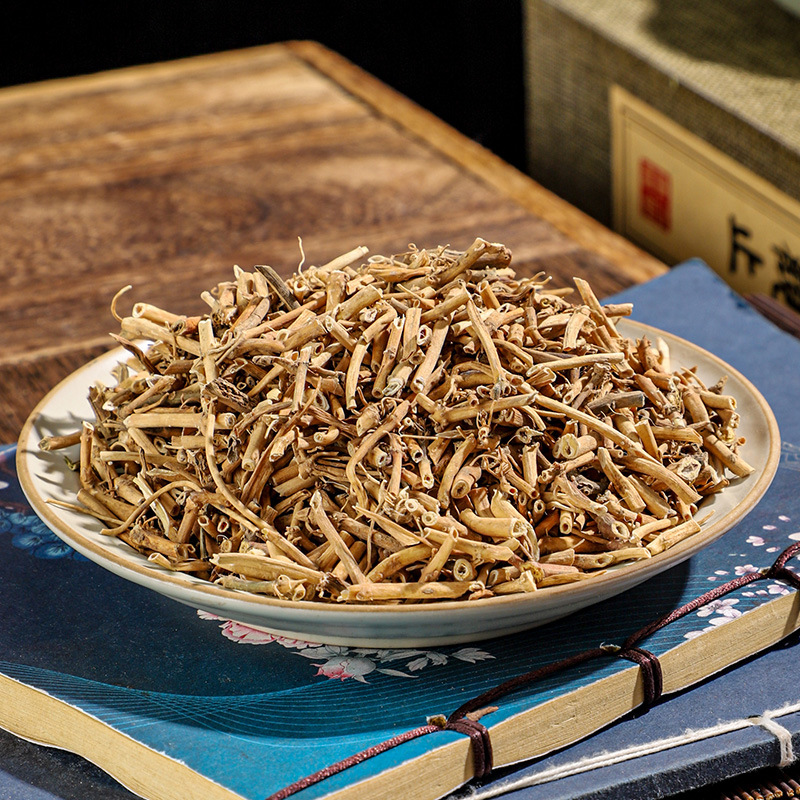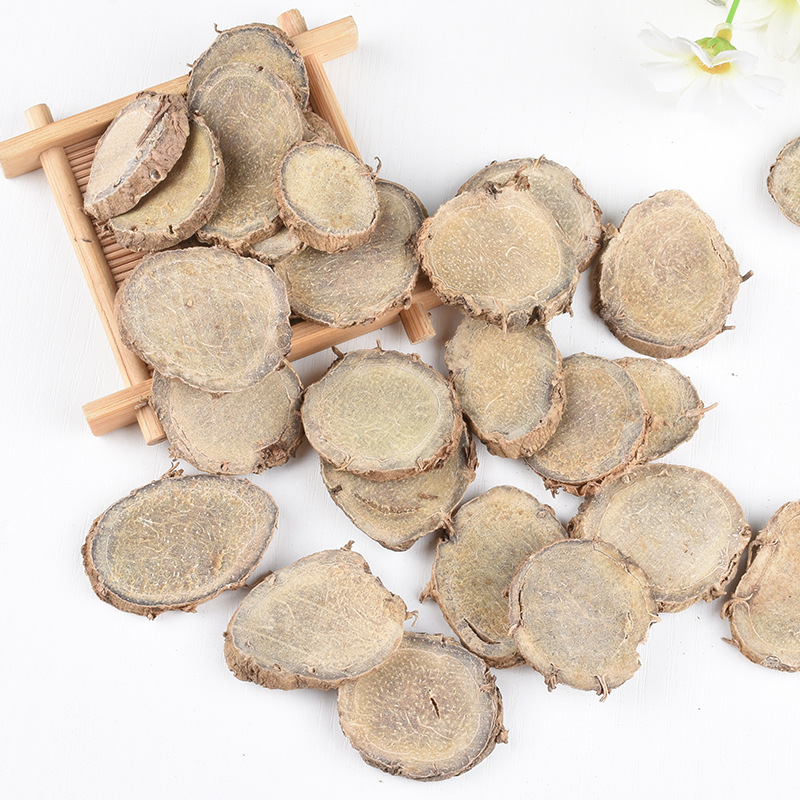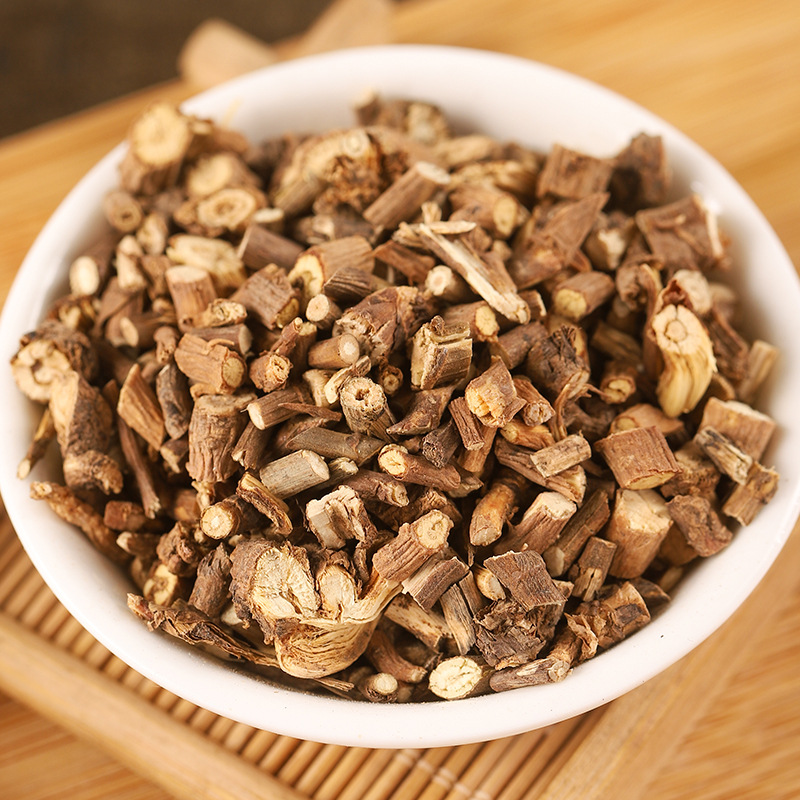
According to the Huangdi Neijing ("Yellow Emperor's Inner Canon"), the traditional Chinese medicine (TCM) text outlines the "Twelve Hour Cycle of Qi and Blood Flow":
- Zi Hour (11 PM–1 AM): Qi and blood circulate through the Gallbladder Meridian, making this the optimal time for sleep.
- Chou Hour (1–3 AM): Qi and blood flow through the Liver Meridian, requiring deep sleep to restore liver function.
Before World Sleep Day 2022, the China Sleep Research Society released the 2022 China Health Sleep White Paper, revealing that nearly 75% of respondents had sleep issues, with difficulty falling asleep being the most common problem. Since the advent of TVs, computers, and smartphones, people’s sleep schedules have shifted later. Even after a full day of work, few adults go to bed by 11 PM. Some even believe this is when they feel most alert.
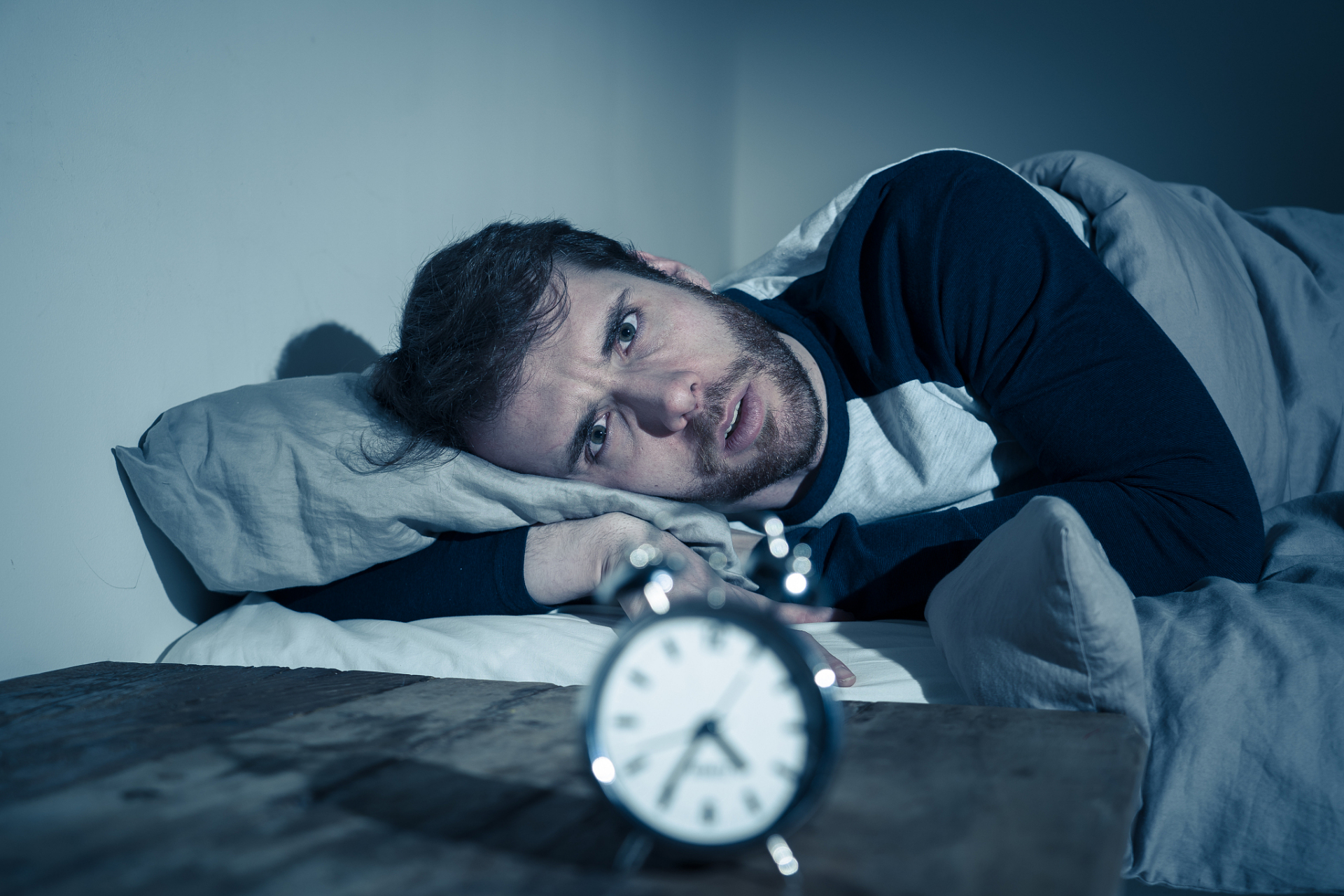
Long-Term Sleep Deprivation Harms Liver and Spleen
Chronic irregular sleep disrupts the liver and spleen’s ability to rest and function properly, leading to overexertion.
Chronic irregular sleep disrupts the liver and spleen’s ability to rest and function properly, leading to overexertion.
Scientific Sleep for Spleen Health
Qing Dynasty physician Li Yu emphasized: "The essence of health preservation lies in sleep. Sleep restores energy, nourishes qi, strengthens the spleen and stomach, and invigorates muscles and bones." To maintain digestive health, improving sleep quality is key.
Qing Dynasty physician Li Yu emphasized: "The essence of health preservation lies in sleep. Sleep restores energy, nourishes qi, strengthens the spleen and stomach, and invigorates muscles and bones." To maintain digestive health, improving sleep quality is key.
Tips for Better Sleep
- Consistent Sleep Schedule
Adults need 7–8 consecutive hours of sleep; minors should sleep over 8 hours. Less than 4 hours or more than 10 hours is unhealthy. A simple way to assess sleep quality: If you feel refreshed upon waking, you slept well. Otherwise, if you’re groggy, fatigued, irritable, or unable to concentrate, your sleep was poor. - Optimal Sleep Window
In modern urban life, the recommended bedtime is 10 PM, with no later than midnight.
Pre-Sleep Guidelines
The Huangdi Neijing states: "Discomfort in the stomach and spleen leads to poor sleep." To prepare for rest:
The Huangdi Neijing states: "Discomfort in the stomach and spleen leads to poor sleep." To prepare for rest:
- Avoid eating too little or too much before bed. Snacks like late-night meals can harm the spleen and disrupt sleep.
- Refrain from smoking, alcohol, coffee, tea, greasy foods, spicy dishes, or sugary snacks before bed.

